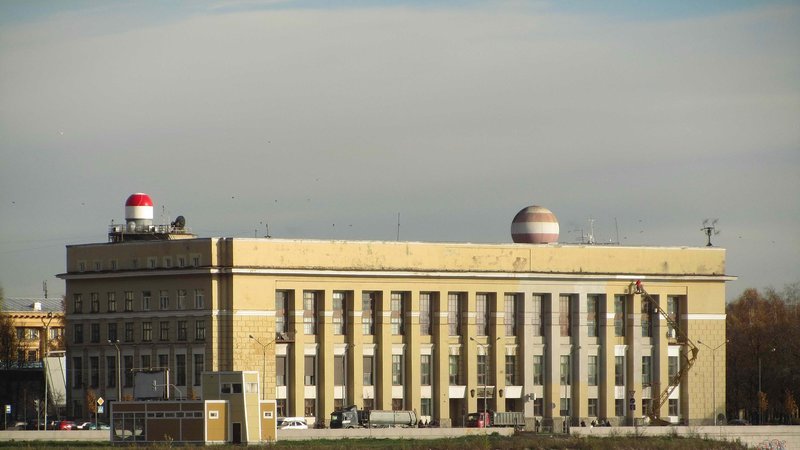Environmental Responsibility and Marine Spatial Planning in the Arctic - SUNRAISE curriculum development workshop
 We co-organise this workshop with the Jean-Monnet Project GRASS – EU governance of natural resources: geopolitics, regions and sectors, and by CBHE Erasmus+ project SUNRAISE – Sustainable Natural Resource Use in Arctic and High Mountainous Areas. The workshop venue and time is Russian State Hydrometeorological University, St.-Petersburg, Russia, September 25-26, 2018
We co-organise this workshop with the Jean-Monnet Project GRASS – EU governance of natural resources: geopolitics, regions and sectors, and by CBHE Erasmus+ project SUNRAISE – Sustainable Natural Resource Use in Arctic and High Mountainous Areas. The workshop venue and time is Russian State Hydrometeorological University, St.-Petersburg, Russia, September 25-26, 2018
The workshop aim, objectives and outcomes
The aim of the workshops is to discuss two aspects of EU-Russia’s interactions on the natural resource governance in the Arctic, which are manifested through the following policy mechanisms:
- Marine spatial planning,
- Rankings and indexes of environmental responsibility and performance.
In our discussion we will be governed by the assumption that while the EU is struggling to gain traction in the Arctic, without the Arctic Sea littoral states, its options are very limited. Environmental agenda is among the strongest components of the EU external policies, and provides the EU an opportunity to take a lead in policy debates over the future of the Arctic region. Such private governance mechanisms as measurements and ranking of environmental responsibility of companies is one of the mechanisms; other ones may include such global non-government initiatives as MSC (Marine Stewardship Council) certification of fisheries. Another context, where the EU can be prepared to play a role is marine spatial planning (MSP),with its Maritime Directive (2014/89/EU) promoted as a legal framework to use also by neighbouring countries.
Aiming at the discussion of EU Arctic ambitions in these two context, we will particularly focus on what this means for Russia and on possible interplays with its own Arctic agenda. To get a richer analytical perspective on these issues, we will explore specific case studies from across the Russian Arctic. In addition, in the context of this discussion we will also explore renewable energy options and opportunities for the Russian segment of Arctic.
After all these pieces will find its place in the puzzle, we will be ready to discuss a policy brief and an analytical paper (or two) describing an important aspect of EU-Russia’s cooperation over the natural resource governance in the Arctic.
Workshop participants
The workshop will bring together researchers and representatives of various stakeholder groups from Russia, the EU and associated countries:
- Representatives of stakeholder involved with natural resource management and policies in the Arctic, in particular in relation to energy, fisheries and transportation; this might include the representatives of business, national/regional/local authorities, biodiversity conservation areas, academia and NGO sector.
- Representatives of EU institutions and of various EU interest groups.
- Keynote speakers, high profile scientists.
- Postdocs or advanced PhD students working on or interested to develop new research on the case studies.
Preliminary Schedule
September 25, 2018: a morning session on MSP and an afternoon session of indexes and rankings – keynote speeches, case study presentations, panel discussions
September 26, 2018: discussion of related curriculum development and capacity building issues in Russian universities
Expressions of interest accompanied by CV are accepted until July 15, 2018 through grass.jeanmonnet@gmail.com or anton@mespom.eu


